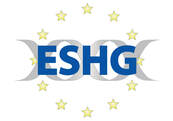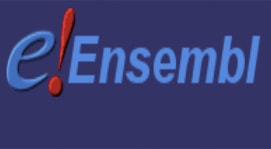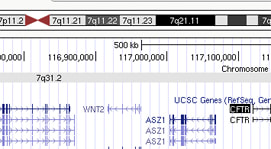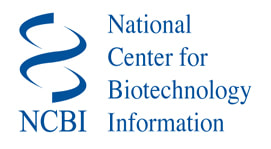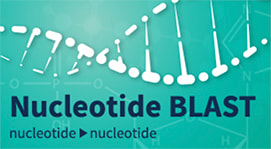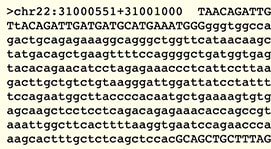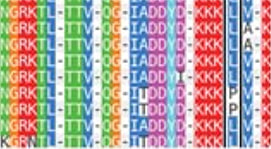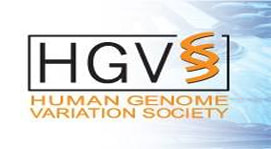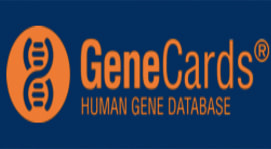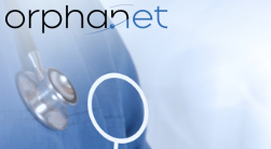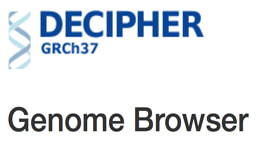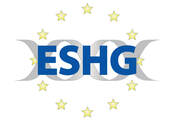This page contains several powerful websites allowing a user to search for a gene, protein or genomic region, without cost, providing instant access to an enormous amount of up-to-date scientific data from around the world. University students and lecturers are also likely to find other sources to be of interest - particularly those listed within the pages on Ethical, Legal and Social Implications and information for Genetics Professionals.
This page contains several powerful websites allowing a user to search for a gene, protein or genomic region, without cost, providing instant access to an enormous amount of up-to-date scientific data from around the world. University students and lecturers are also likely to find other sources to be of interest - particularly those listed within the pages on Ethical, Legal and Social Implications and information for Genetics Professionals.
EnsemblA powerful genome browser, based at the Wellcome Trust Sanger Institute, UK. Contains a link to Variant Effect Predictor (VEP), for analysis of likely consequences of DNA variants.
|
UCSC Genome BrowserThe Genome Browser of the University of California Santa Cruz. An easy-to-use website that displays all the options on a single configurable web page.
|
NCBIThe large collection of linked genome databases at the National Centre for Biotechnology Information, based at the National Institutes of Health, Bethesda.
|
Online tools for DNA & protein sequence analysisA variety of popular online tools for performing alignments and analyses of nucleotide and amino acid sequences (including tools for BLAST/BLAT searches and for locating protein domains).
|
Useful sites when designing PCR primersThese tools help to make the process of designing oligos or primers for PCR easier and more reliable. They include annealing temperature, SNP checker and in-silico virtual PCR tools.
|
Analysis of the significance of a missense variant.Online tools that can help to predict the effects on a protein of a variant that causes an amino acid substitution (including e.g. Polyphen2, SIFT, protein databank & ESE Finder).
|
HGVS societyHuman Genome Variation Society. Provides helpful guidelines for describing specific variants in DNA, RNA and proteins, according to internationally agreed standards. A relatively brief "simple" summary can be found here.
|
GenecardsEasy-to-use, provides single-page summary of any gene's location, expression levels, protein function and disease associations.
|
OrphanetGene search page at Orphanet, which provides summarised info on rare diseases and patient organisations. Provided in MULTIPLE LANGUAGES.
|
HGMDThe Human Gene Mutation Database
at Cardiff in Wales, UK, is an attempt to collate all published gene lesions causing inherited disease. The full (professional) database requires a subscription but academics can access a useful but less up-to-date version. |
Locus Reference GenomicA database, supported by EMBL and NCBI, providing non-changing gene and transcript identifiers. Increasingly used by laboratories to determine which specific transcript is to be used when reporting gene variants.
|
DECIPHERDECIPHER, based at the Wellcome Trust Sanger Institute, at Cambridge, UK, provides access to data regarding genes, genomic regions and also disease-related variants that they contain.
|
LOCALIZED/NATIONAL INITIATIVES
Please note that the Orphanet website (above) is provided in multiple languages.
Other resources:
England
NHS England: Genomics Education Programme
USA
The Jackson Laboratory: Education and Learning
American Medical Association podcasts on genetics topics
Please note that the Orphanet website (above) is provided in multiple languages.
Other resources:
England
NHS England: Genomics Education Programme
USA
The Jackson Laboratory: Education and Learning
American Medical Association podcasts on genetics topics
